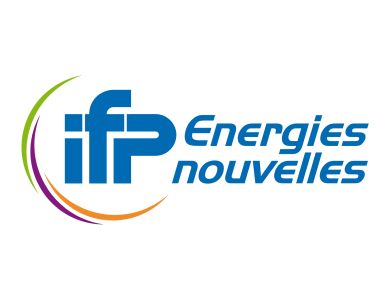IFP Energies nouvelles (IFPEN) is a public research and training player. It has an international scope, covering the fields of energy, transport and the environment. From research to industry, technological innovation is central to all its activities.
As part of the public-interest mission with which it has been tasked by the public authorities, IFPEN focuses on:
- providing solutions to take up the challenges facing society in terms of energy and the climate, promoting the emergence of a sustainable energy mix;
- creating wealth and jobs by supporting French and European economic activity, and the competitiveness of related industrial sectors.
An integral part of IFPEN, its graduate engineering school prepares future generations to take up these challenges.
IFPEN Transport Division counts around 130 permanent engineers (15% with a PhD degree), 70 specialized technicians and 20 PhD students; 80 engineers have more than 5 years of experience in development and control of Internal Combustion Engine powertrains. IFPEN have available around 30 testcells, including 3 optical engines, high Pressure and Temperature vessels, single cylinder testcells, 4 transient high-dynamic HiL benchs, climatic testbench, injection and aerodynamic testrigs, roller testbenchs, and a 110 Teraflops supercomputer. IFPEN develops specific 0D models for LMS Amesim libraries dedicated to engine, aftertreatment and vehicle simulation, and RANS models for Converge code and LES models for AVBP code.

Located in Rueil-Malmaison, France
Visit the Website
IFPEN will contribute on different tasks and activities. New advanced strategies of eco-routing and eco-driving will be developed and then integrated in 4 different demonstrators, to further reduce the fuel consumption in real driving condition. IFPEN will also contribute for the improvement of the engine efficiency, developing a thermal insulation for the combustion chamber, and on the adaptation of low-carbon fuels (H2, HVO, dual fuel mixtures, bio-gas) and the optimal combustion system.